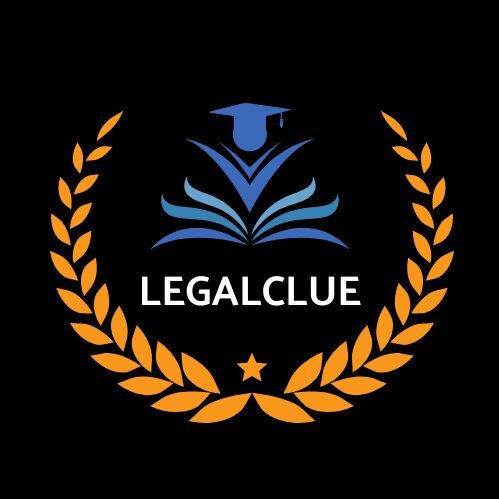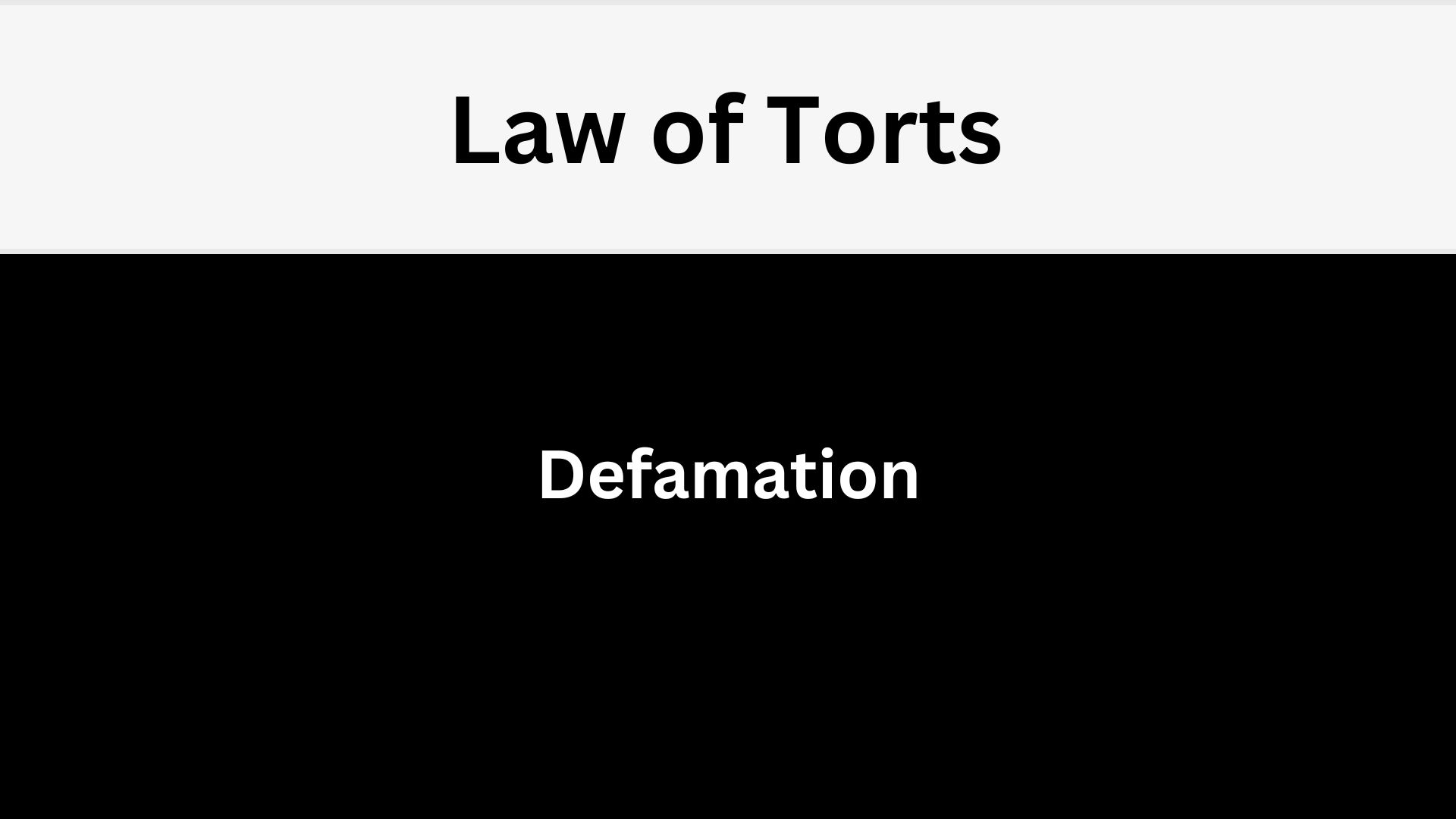Defamation is a tort that involves making false statements about a person that damage their reputation. It is divided into two main types: libel and slander.
Types of Defamation
- Libel: Defamation that is written, printed, or otherwise published in a permanent form. This includes newspapers, books, social media posts, etc.
- Slander: Defamation that is spoken and in a transient form. This includes verbal statements, gestures, or other non-permanent forms of communication.
Elements of Defamation
To establish a case of defamation, the following elements typically need to be proven:
- Defamatory Statement: A statement that harms the reputation of the plaintiff, causing them to be shunned, avoided, or exposed to hatred, contempt, or ridicule.
- Publication: The statement must be communicated to at least one person other than the plaintiff.
- Identification: The statement must refer to the plaintiff, either explicitly or implicitly, so that those who know the plaintiff would understand the statement to be about them.
- Falsity: The statement must be false. True statements, no matter how damaging, are not considered defamatory.
- Fault: Depending on the jurisdiction and the status of the plaintiff (public figure vs. private individual), the plaintiff must prove some level of fault. For public figures, actual malice must be proven (knowledge of falsity or reckless disregard for the truth). For private individuals, negligence may suffice.
- Harm: The plaintiff must show that the defamatory statement caused harm to their reputation or resulted in special damages (financial loss, emotional distress, etc.).
Defenses to Defamation : Defamation Law of Torts
Several defenses can be raised in a defamation case, including:
- Truth: A statement that is true cannot be defamatory.
- Privilege: Some statements are privileged and protected from defamation claims, even if false. Privileges can be absolute (e.g., statements made in legislative proceedings, judicial proceedings) or qualified (e.g., fair and accurate reports of public proceedings, statements made in good faith on matters of public interest).
- Opinion: Statements of opinion, as opposed to statements of fact, are typically not considered defamatory, especially if the opinion is clearly stated as such.
- Consent: If the plaintiff consented to the publication of the statement, they cannot later claim defamation.
- Statute of Limitations: Defamation claims must be brought within a certain time period after the statement is made. This period varies by jurisdiction.
Public Figures and Defamation : Defamation Law of Torts
Public figures (celebrities, politicians, etc.) have a higher burden of proof in defamation cases. They must demonstrate actual malice, meaning the defendant knew the statement was false or acted with reckless disregard for the truth. This higher standard is intended to protect freedom of speech and the press, particularly in matters of public concern.
Jurisdictional Variations : Defamation Law of Torts
Defamation laws vary significantly by jurisdiction. In the United States, for example, the First Amendment provides strong protections for free speech, influencing defamation law. In contrast, other countries may have stricter defamation laws that prioritize the protection of reputation over free speech.

